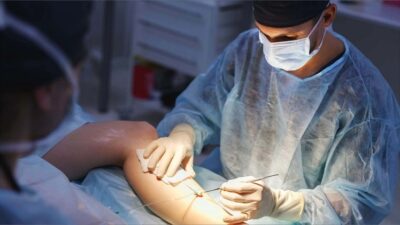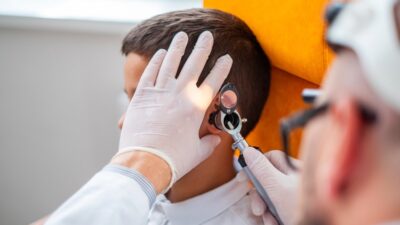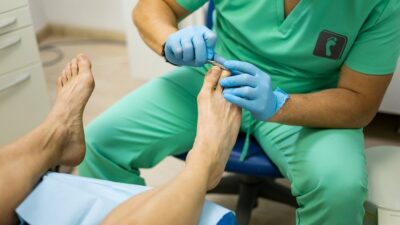Neuromuscular diseases pose a formidable challenge to the proper functioning of muscles, arising from intricate issues involving both nerves and muscles within the body. These complex disorders often manifest through a telltale sign: the insidious onset of muscle weakness that leads to atrophy. As the delicate interplay between nerves and muscles is disrupted, the body’s harmony is thrown off balance, giving rise to a range of symptoms that demand careful attention and targeted management.
The Neuromuscular Disease Oxnard team works one-on-one with patients to reach an accurate evaluation, and diagnosis and create individualized treatment plans that will offer the highest quality of life possible.
Table of Contents
Understanding neuromuscular diseases
The combination of the nervous system and muscles that work together to facilitate movement, is known as the neuromuscular system. Any disorder affecting this system is known as neuromuscular disease.
Some of the known causes of neuromuscular disease included inherited disorders, nerve injury, hormonal disorders, autoimmune disorders, viral infections, dietary deficiency, and certain drugs.
The following are some common neuromuscular diseases:
- Amyotrophic lateral sclerosis (ALS)
- Muscular dystrophy
- Multiple sclerosis
- Myasthenia gravis
- Metabolic muscle diseases
- Myopathies
- Peripheral neuropathy
- Polymyositis
Symptoms associated with neuromuscular diseases
The symptoms of neuromuscular disease vary according to the age, and severity of the condition. Some of these symptoms may include:
- Muscles aches and pains
- Muscle cramps
- Muscular weakness
- Loss of muscles (atrophy)
- Spasticity (muscle stiffness)
- Difficulty moving
- Breathing difficulties
- Droopy eyes
- Difficulty swallowing
- Persistent cough
- Balance and gait problems
- Blurred or double vision
Effective treatment options involved for neuromuscular diseases
Early diagnosis of neuromuscular diseases is crucial to develop an appropriate treatment plan. Your doctor can diagnose the condition through:
- Medical history to rule out any genetic predisposition and other debilitating diseases (diabetes, and hypertension)
- Physical examination to evaluate the symptoms
- Diagnostic tests like blood evaluation, nerve conduction test (to measure the ability of your nerves to conduct electricity), electromyography (to examine your muscle health), muscles biopsy, and genetic testing
- Imaging tests like MRI
There is no cure for neuromuscular diseases, however, the treatment focuses on relieving your symptoms and delaying disease progression. It includes the following:
- Medications: Muscle relaxants, immunosuppressive drugs, and immunoglobulin therapy to build antibodies
- Pain management: Non-steroidal anti-inflammatory drugs
- Physical therapy: To restore muscle tone and work on motor skills
- Occupational therapy: To relieve muscle cramps to go about with routine activities and tasks
- Surgical intervention: To relieve pressure on the nerves
Takeaway
Neuromuscular diseases occur due to atrophy of the nerves and muscles in your body. It causes a range of symptoms like muscle pain, cramps, breathing and swallowing difficulties, and mobility issues.
However the sooner you receive a diagnosis, the sooner you can get treatment. Though neuromuscular diseases are not curable, treatment is offered to slow the disease progression and improve your quality of life.










Comments